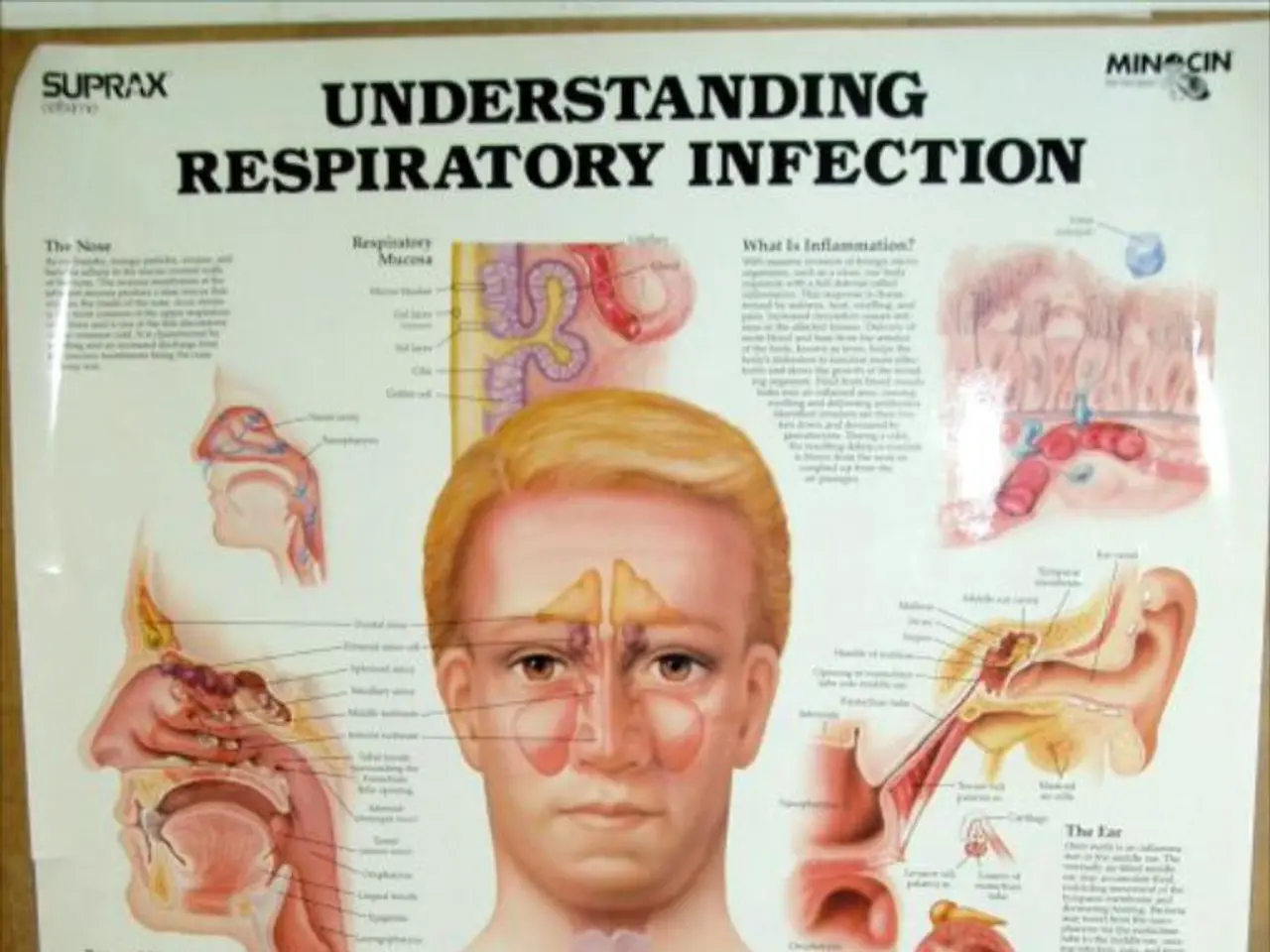Comprehensive Guide on Depression Claims Settlements for Workers' Compensation
Navigating the complex world of workers' compensation can be a daunting task, especially when it comes to mental health issues like depression. This comprehensive guide delves into the intricacies of workers' compensation depression settlements, offering valuable insights for those grappling with this challenge.
Understanding Workers' Compensation Depression Claims
Workers' compensation covers various types of depression that can be directly connected to workplace incidents or conditions. To qualify, employees must demonstrate that their depression is work-related and significantly impacts their ability to perform job duties. Proving work-related depression can be tricky, as mental health issues are often less apparent compared to physical injuries.
The process for mental health claims can vary significantly from physical injury claims. While anxiety and depression after a car accident might be easier to link to a specific incident, work-related depression often develops gradually due to factors such as workplace stress, harassment, or traumatic events.
The Process of Filing a Workers' Compensation Depression Claim
To initiate a workers' compensation claim for depression, employees should report their condition to their employer as soon as they become aware of it. This should be followed by seeking professional help from a licensed mental health practitioner. Comprehensive documentation is vital, including detailed medical records, therapy notes, and workplace incident reports.
Factors Affecting Workers' Compensation Depression Payouts
The severity and duration of the depression play a significant role in compensation. More severe and long-lasting conditions typically result in higher payouts. The impact on work capacity and daily function is also crucial, as it affects the employee's ability to earn a living.
Pre-existing mental health conditions can complicate claims, but they don't necessarily disqualify an employee from receiving benefits. If work-related factors have exacerbated a pre-existing condition, it may still be eligible for compensation.
Types of Workers' Comp Depression Settlements
Settlements can take various forms, like lump-sum payments or structured payments. Settlements may cover temporary or permanent disability benefits, depending on the prognosis of the depression, and may include vocational rehabilitation support for career transitions.
Maximizing Your Workers' Compensation Depression Settlement
To maximize a workers' compensation depression settlement, thorough medical documentation is crucial. Working with an experienced workers' compensation attorney and exploring all available treatment options can significantly improve the chances of a favorable outcome.
The Importance of Mental Health in Workers' Compensation
The recognition of depression in workers' compensation claims represents a growing awareness of mental health issues in the workplace. Understanding the nuances between physical and mental health claims, such as establishing causation and gathering medical evidence, is essential in navigating this complex terrain.
Additional Considerations and Resources
Income protection for mental health, understanding FMLA for depression, and familiarizing yourself with different disability programs can provide additional support during recovery.
Conclusion
By understanding the claim process, factors affecting payouts, and strategies for maximizing settlements, employees can better navigate the complexities of workers' compensation depression claims. As awareness of mental health issues in the workplace grows, it's likely that workers' compensation systems will evolve to better accommodate these challenges.
For those facing work-related depression, seeking proper treatment and support is paramount. Utilizing available resources, understanding your rights, and working with experienced professionals can significantly improve both your health outcomes and the likelihood of a fair settlement.
In this evolving landscape, staying informed about your rights and options is crucial. Whether you're dealing with depression following a workplace incident or struggling with ongoing mental health challenges related to your job, remember that support and legal protections are available to help you through this difficult time.
References
- American Psychiatric Association. (2013). Diagnostic and Statistical Manual of Mental Disorders (5th ed.).
- National Institute of Mental Health. (2021). Depression.
- U.S. Department of Labor. (2022). Workers' Compensation.
- Journal of Occupational and Environmental Medicine. (2020). Mental Health in the Workplace: A Call to Action Proceedings from the Mental Health in the Workplace: Public Health Summit.
- International Journal of Law and Psychiatry. (2019). Mental health and employment: A review of the literature.
- Psychology plays a crucial role in understanding and filing workers' compensation depression claims, as mental health practitioners can provide essential documentation and evidence.
- The mental health of employees is a significant aspect of workplace-wellness and health-and-wellness initiatives, with depression being a common issue that can impact productivity and overall well-being.
- Therapy sessions can be valuable in addressing work-related stress, anxiety, and depression, ultimately contributing to a stronger and healthier work environment.
- The science behind mental health issues like depression is continually evolving, shedding light on the complex relationships between work conditions, stress, and mental health. Employers and employees alike can benefit from staying informed about these developments.






